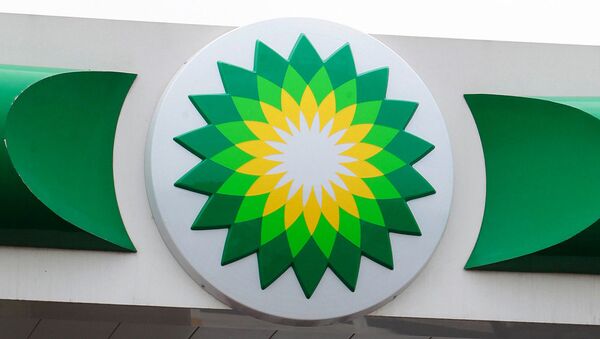British Petroleum intends to further improve their financial performance by decreasing their spending, but even without other positive developments in strategy, the company could breakeven at an oil price of $50-55/bbl, BP said. However, the company's profits are still down by 80% compared to a year ago, meaning further adjustments to unfavorable global trends are necessary.
"Lower costs, strong refining operations and an improved supply and trading contribution more than offset the impact of the weaker refining environment and the seasonal reduction in fuels sales," BP's statement reads.
BP reported their Q1 profits at $532 mln, down 80% from $2.6 bln in the same period of 2015, whilst earlier expectations were some $244.9 mln net losses. The numbers released on Tuesday prompted a rally of 1.4% in BP stock on the FTSE 100 from almost a 14% decline throughout 2015, bringing hope to energy enterprises across the globe, suffering from disinvestment as oil prices dipped to their 13-year lowest earlier this year amidst rising production costs.
In January, Brent oil dropped to $28/bbl, advancing to about $45/bbl ever since. Cheaper oil, however, had a surprisingly positive effect on BP's refining operations, with processing margins declining to $10.50/bbl worldwide amidst weak demand for fuels and mild winter conditions. In their statement, BP said refining margins dropped an annualized 31% and 20% quarter-on-quarter.
"The company is showing it is restructuring and reducing costs to adjust to oil prices and that's pleasing," Brendan Warn of London-based BMO Capital Markets said. "Higher-than-expected downstream earnings helped it beat estimates this quarter."
BP's profits, however, crashed by 80%, prompting further adjustments in company's strategy even though processing and trade provided a positive boost to BP's performance. The energy major lowered their 2016 spending estimate to $17 bln from $17-19 bln, having said further downgrades to $15-17 bln are possible should crude prices remain low in the next year.
"Market fundamentals continue to suggest that the combination of robust demand and weak supply growth will move global oil markets closer into balance by the end of the year," BP's CEO Bob Dudley said.
The company expects to breakeven at oil prices of $50-55/bbl compared to previous breakeven estimates of $60/bbl as refining expenses are dependent on oil prices.
Even though energy companies have already cut many jobs, idled oilrigs, and cut investment into exploration, thus saving billions of dollars, in the current market situation their deeper involvement in petrochemicals industry would likely be the shortest way to regaining some of their commercial performance. Whilst hopes for a recovery in oil prices are rife, new developments in global energy market, such as the renewed Saudi-Iranian competition, significantly diminish the realistic possibility of any sustainable rally in crude.



